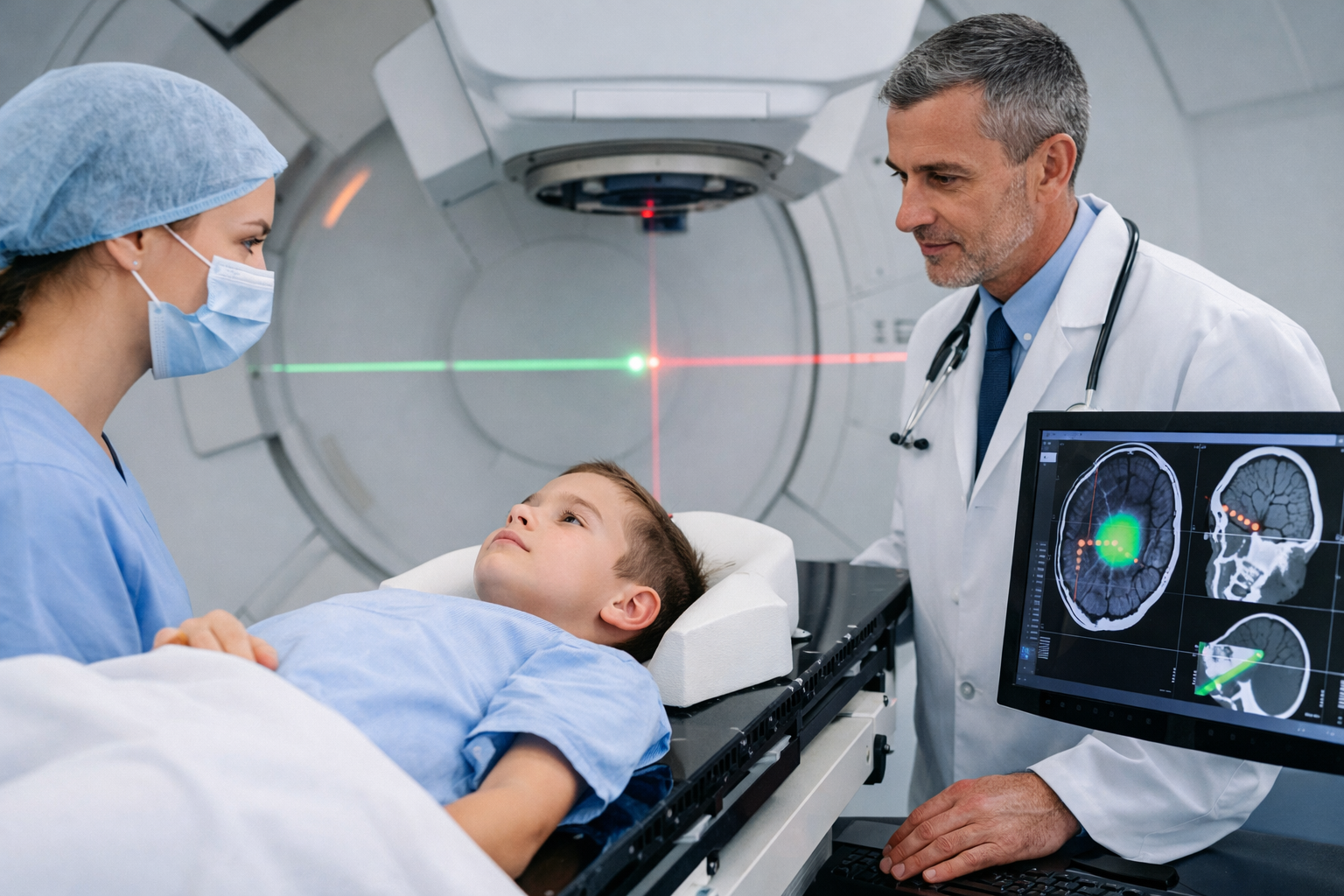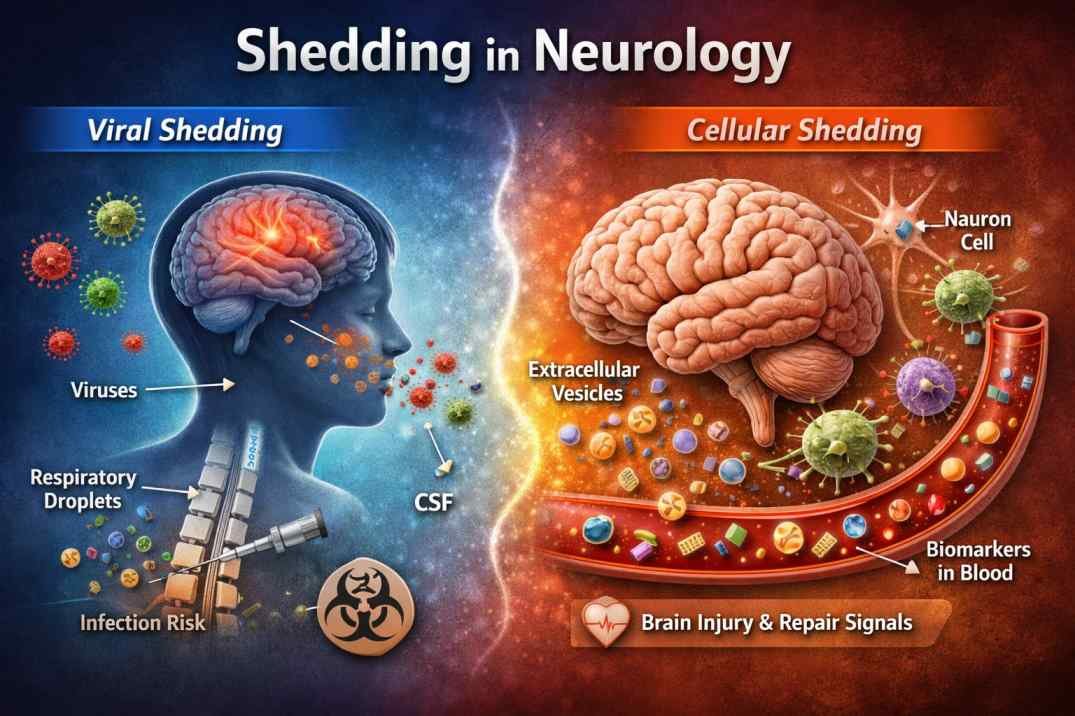Antibiotics and Alcohol
Can you drink alcohol while taking antibiotics? This big question about antibiotics and alcohol comes up with every aperitif or evening while you are on antibiotic treatment: can you drink alcohol? While the answer in most cases is “yes”, some medications hide unpleasant surprises. What are the substances that should never be mixed with alcohol?
Can you drink a glass of alcohol while taking antibiotics? In some cases, yes. Contrary to popular myth, alcohol does not negate the effect of the drug, but can have unpleasant consequences. It all depends on how much alcohol you drink and the type of antibiotic.
A majority of antibiotics, especially amoxicillin, do not interact with alcohol. Moreover, these products do not carry any special warnings on their boxes. Although the consumption of alcoholic beverages is not particularly recommended, the risk of serious interactions is low, reports The New York Times.
However, some antibiotics cause unpleasant reactions when mixed with alcohol. Thus, metronidazole, tinidazole, trimethoprim and sulfamethoxazole, some cephalosporins should never be mixed with alcohol, at the risk of causing headaches, low blood pressure, palpitation, nausea, pain. sweating, hot flashes and redness. Avoid consuming alcoholic beverages for up to two days after stopping treatment.
Read also: Fluvoxamine Antidepressant and Research for Covid
Let’s take a step back in time to better understand about antibiotics and alcohol. In 1880, manufacturers in the rubber industry began using a chemical called disulfiram to speed up their manufacturing process. Shortly after, the workers fell severely ill after drinking alcohol. As a result, in the 1940s, doctors tested the active substance in disulfiram to treat alcohol addiction. The drug is now marketed under the brand Antabuse in the United States, and Espéral in France.
Do not sabotage the treatment
When the antibiotic metronidazole first went on sale in the United States in the 1960s, doctors observed the same type of unpleasant symptoms in patients who drank alcohol. This drug itself has been mentioned as a treatment for alcoholism. Today, it remains an essential treatment for treating gastrointestinal infections and certain gynecological and sexually transmitted diseases. It is safe and effective, but should not be mixed with alcohol.
While these are a few exceptions, the general rule of thumb is caution. Alcohol can irritate the already weakened abdominal wall and cause side effects in the digestive system, such as nausea, vomiting and diarrhea. The result: a weakening of the body’s immune defenses. However, if you are on antibiotics, your body needs to be strengthened, not weakened. You risk “sabotaging” the treatment and slowing your recovery.
Besides antibiotics, alcohol can also interact with many drugs. The golden rule to remember: always speak with a doctor or pharmacist if you want to consume alcohol during treatment.
Antibiotics and alcohol: what are the effects?
Antibiotics and alcohol: what are the risks? Are alcohol and mixed drugs associated with increased side effects? Contrary to what you might think, alcohol does not decrease the effects of antibiotics. However, many side effects, falling under the “anti-abuse” effect, are possible. We are talking about:
- drop in blood pressure
- palpitations
- headache
- nausea
- unpleasant digestive effects: stomach ache, diarrhea…
- hot flashes with redness in the face
An antibiotic / beer mixture can produce the same side effects as strong alcohol. It doesn’t matter what kind of alcohol. It all depends on the quantities (units of alcohol).
Mixing can affect the elimination of alcohol or antibiotics by the body, which will have difficulty breaking down both at the same time. The drug can then accumulate in the blood in unwanted proportions. If, for example, the medication taken has the effect of thinning the blood (an anticoagulant) and alcohol makes its elimination more complex, the risk of bleeding or even hemorrhage will be increased. Alcohol significantly increases the side effects of a medication.
The use of drugs / antibiotics can also increase the effects of alcohol.
Significant Antibiotic and Alcohol Drug Interactions
| Interacting Drug | Effect | Recommendation |
|---|---|---|
| sulfamethoxazole/trimethoprim (Bactrim DS, Septra DS) | Fast heartbeat, warmth or redness under your skin, tingly feeling, nausea, and vomiting. | Avoid alcohol while taking sulfamethoxazole- trimethoprim. |
| metronidazole (Flagyl, Flagyl ER); metronidazole vaginal | Disulfiram-like reaction: abdominal cramps, nausea, vomiting, headaches, flushing may occur; also possible with systemic absorption of vaginal cream. | Avoid combination with alcohol or propylene glycol-containing products during treatment and for 72 hours after discontinuation of metronidazole treatment. |
| linezolid (Zyvox) | Increased risk of hypertensive crisis (dangerous elevated blood pressure). | Avoid large quantities of tyramine-containing alcoholic beverages (tap beer, vermouth, red wine.) |
| tinidazole (Tindamax) | Disulfiram-like reaction which may include abdominal cramps, nausea, vomiting, headaches, flushing. | Avoid combination with alcohol during treatment and for 72 hours after discontinuation of tinidazole treatment. |
| cefotetan (Cefotan) | Disulfiram-like reaction which may include abdominal cramps, nausea, vomiting, headaches, flushing. | Avoid combination with alcohol during treatment and for 72 hours after discontinuation of cefotetan treatment. |
| doxycycline | May lead to a decreased level of doxycycline in patients who consume alcohol chronically by enhanced elimination. The mechanism appears to be induction of hepatic microsomal enzymes by alcohol. | The clinical significance is unknown. Modifications to your medication doses may be needed if you drink alcohol while taking doxycycline. |
| rifampin (Rifadin) | Combination with alcohol may increase risk for liver toxicity. | Do not drink alcohol with rifampin. |
| isoniazid (Nydrazid) | Increased risk of liver toxicity if daily alcohol consumption | Avoid alcohol while taking isoniazid. |
| benznidazole | Unpleasant side effects such as abdominal cramps, nausea, vomiting, headaches, and flushing. | Do not drink alcohol while you are taking benznidazole and for at least three days after you stop taking it. |
| cycloserine (Seromycin) | Combination may increase risk of central nervous system toxicity; possible seizures. | Avoid alcohol while taking cycloserine. |
| erythromycin ethylsuccinate (E.E.S.) | Alcohol appears to lead to this slowed “gastric emptying” when combined with erythromycin ethylsuccinate. May delay the absorption of the antibiotic into the bloodstream and lower the effect. | It is not known if other erythromycin salts are affected in this way. Your doctor may prefer you avoid alcohol if you are taking erythromycin ethylsuccinate. |
| ethionamide (Trecator) | Combination may increase risk of central nervous system toxicity; possible psychosis. | Avoid excessive alcohol while taking ethionamide. |
| voriconazole (Vfend) (antifungal) | Combination with alcohol may either increase or decrease voriconazole levels due to altered liver metabolism. | Avoid voriconazole with alcohol. |
| ketoconazole (Nizoral)(antifungal) | Combination with alcohol may increase risk of liver toxicity and disulfiram-like reaction which may include abdominal cramps, nausea, vomiting, headaches, flushing | Avoid ketoconazole with alcohol. |
| pyrazinamide | Combination with alcohol may increase risk for liver toxicity | Use caution; avoid use in alcoholics or with chronic daily alcohol use. |
| thalidomide (Thalomid) | Combination with alcohol may increase risk for additive sedation, drowsiness, confusion; use caution if driving or operating machinery | Avoid or limit the use of alcohol while being treated with thalidomide. |
Sources: The New York Times, PinterPandai, American Society for Microbiology, HealthLine, PubMed, NHS UK, Pfizer
Disclaimer:
All content within this column is provided for general information only, and should not be treated as a substitute for the medical advice of your own doctor or any other health care professional. The CleverlySmart.com is not responsible or liable for any diagnosis made by a user based on the content of this site. The CleverlySmart.com is not liable for the contents of any external internet sites listed, nor does it endorse any commercial product or service mentioned or advised on any of the sites. Always consult your own GP (General Practitioner) if you’re in any way concerned about your health.


